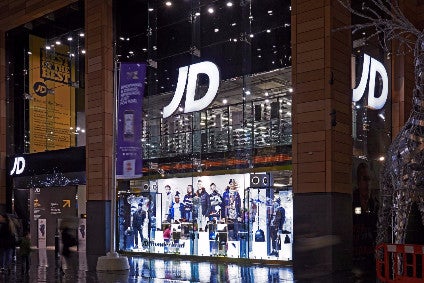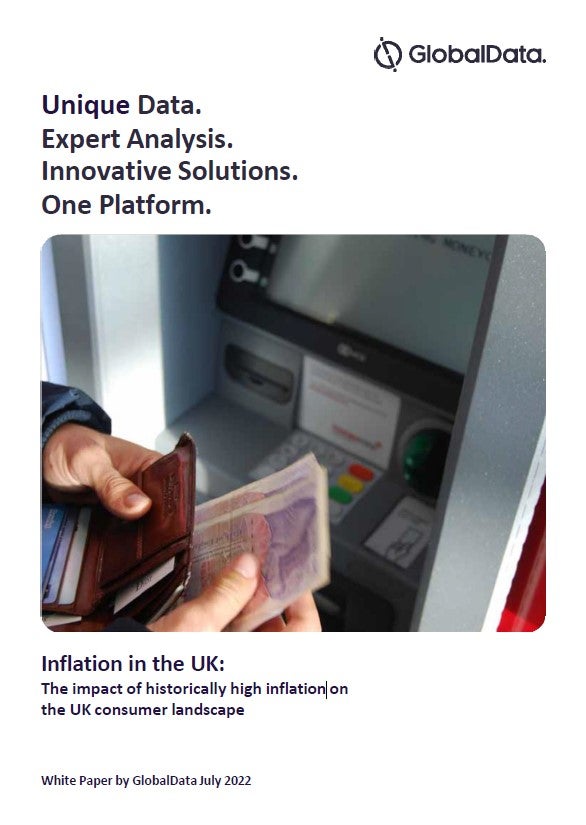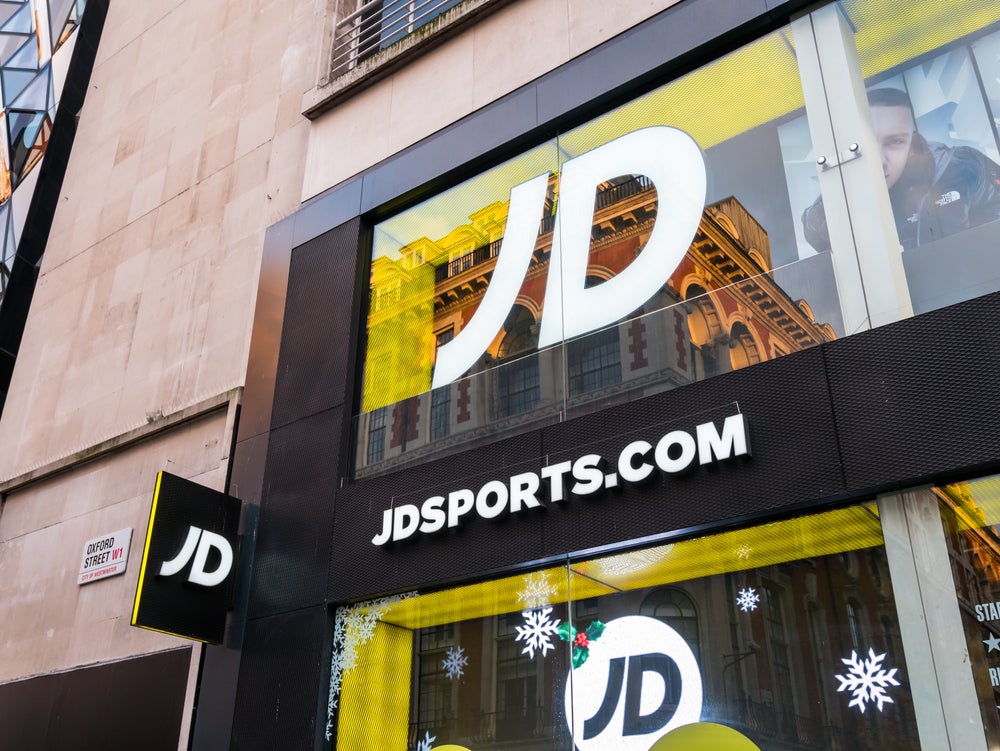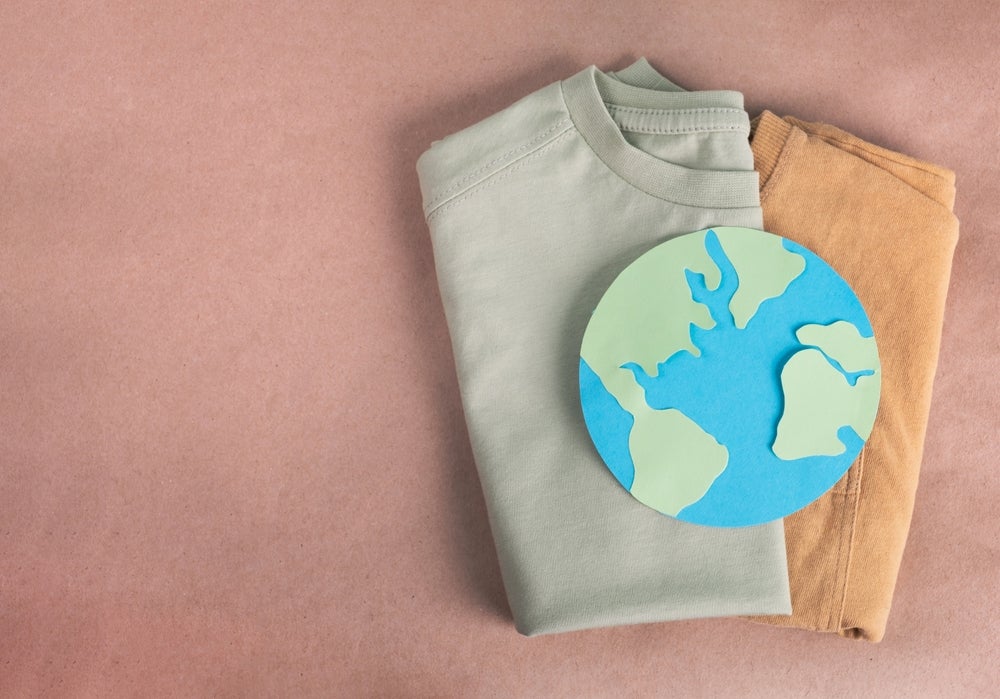
The Competition and Markets Authority (CMA) said today (4 November) it has found the takeover by JD Sports could lead to a substantial reduction in competition and a worse deal for Footasylum’s customers.
In a statement, the CMA noted over the course of its inquiry, it found that JD Sports is “by far and away” the closest alternative for shoppers at Footasylum. The CMA expects this will continue to be the case even after taking into account the continued growth in online shopping, including on the websites and apps of brands such as NIKE and adidas.
50% of online shoppers surveyed by the CMA said they would go to JD Sports if they were unable to shop at Footasylum for clothing, while 43% said they would make the switch if they could no longer buy footwear from Footasylum. These figures were substantially higher than for any other retailer, the watchdog said. Another CMA survey of in-store shoppers showed similar results.
The CMA also found that, despite increased competition from firms like Nike and Adidas, and the impact of Covid-19, Footasylum would remain in good financial health. With a total revenue for 2020/21 of GBP232m, the retailer reported underlying profits (EBITDA) of GBP29.3m for the year, up from GBP25.5m in 2019/20 and GBP2m in 2018/19.
The merger means that Footasylum would no longer face competition from JD Sports so customers would have fewer options and could face higher prices, fewer discounts, and less choice of products in-store.
How well do you really know your competitors?
Access the most comprehensive Company Profiles on the market, powered by GlobalData. Save hours of research. Gain competitive edge.

Thank you!
Your download email will arrive shortly
Not ready to buy yet? Download a free sample
We are confident about the unique quality of our Company Profiles. However, we want you to make the most beneficial decision for your business, so we offer a free sample that you can download by submitting the below form
By GlobalData“The CMA’s view is that requiring JD Sports to sell Footasylum is the only way to address its competition concerns and protect consumers. It will oversee the sale and approve the purchaser, in order to ensure that Footasylum will be run as a fully independent competitor,” the body said.
Footasylum was purchased by JD Sports in a deal announced in April 2019.
To inform today’s decision, a group of independent CMA panel members considered a range of evidence from both companies, as well as their competitors, customers and suppliers. The panel also assessed internal and decision-making documents to gain detailed insights about the merger and conditions in the sports fashion market more generally.
Kip Meek, chair of the CMA inquiry group, said: “The UK boasts a thriving sports fashion market and today’s decision reflects our commitment to keeping it that way. We strongly believe shoppers could suffer if Footasylum stopped having to compete with JD Sports. It is likely they would pay more for less choice, worse service and lower quality.
“The pandemic may have altered the way we shop but innovative businesses, driven by healthy competition, will rise to the challenge and successfully cater to changing tastes and habits. The evidence we have analysed shows that JD Sports and Footasylum are adapting well to market conditions and would continue to be profitable should the merger not go ahead.
“As separate, rival entities, these companies can continue to compete for shoppers online and as they return to the high street.”
JD Sports response
In response to today’s news, JD Sports noted the CMA agrees with JD on a number of critical aspects:
- JD’s most important competitors are now the Direct to Consumer (DTC) operations of the international brands themselves rather than Footasylum with a market share of less than 5%.
- As a result of this merger, there would be no substantial lessening of competition for JD and so, consequently, JD has no incentive to raise prices or worsen its consumer offer.
“This is the first time ever that the CMA (including its predecessors) has decided to block or remedy a deal between competitors where it found that there will be no “substantial lessening of competition” in relation to the acquiring business,” JD said in its statement.
“Prior to this, in every other case under the UK merger regime between competitors, including its first review of this merger with Footasylum, the CMA has justified its intervention on the basis that the merger eliminated important rivalry for both the acquiring and the target business.
“Given the critical areas in which the CMA agrees with JD and the fundamental change in its conclusion between the two inquiries, the decision to prohibit the acquisition defies logic.”
The retailer added it agrees with the CMA’s revised conclusions in relation to some of the impacts of the pandemic:
- Overall, the CMA concluded that “market developments … have resulted in Footasylum becoming a weaker constraint and other competitors becoming stronger”.
- The CMA also found that Footasylum’s market share is less than 5% and it no longer considers Footasylum to be the “strong” competitor to JD that it was pre-pandemic.
- In comparing between the two surveys that it commissioned in its inquiries either side of the pandemic, the CMA found that “More JD Sports customers now consider Nike, Foot Locker and Adidas as their alternatives than they do Footasylum”.
“As a result, it is inexplicable to JD that the CMA remains of the view that one small competitor, Footasylum, with less than 5% of the market, is not subject to the same competitive pressures and discipline from Nike and Adidas DTC that affects the remaining 95%-plus of the market,” it said.
The company stated it is studying the report in detail and will carefully consider its options accordingly.
See Also:
Peter Cowgill, executive chairman of JD Sports Fashion Plc, added: “The CMA rightly concludes that, following the acquisition of Footasylum, JD would have no incentive to raise prices or worsen its offer as its most important competitors are the DTC operations of the international brands themselves.
“However, the CMA has then somehow concluded that the competitive threat from DTC does not extend to Footasylum and that JD would have an incentive to worsen the offer in Footasylum to the detriment of both consumers and suppliers. We would suggest that the CMA is in a minority of one in reaching this conclusion.
“Overall, the CMA’s decision today continues to be inexplicable to anyone who understands what difference the pandemic has made to UK retail and how competition and the supply chain in our markets actually work. It is deeply troubling at a time when the UK high street has been seriously damaged already and is vulnerable to further closures.”








